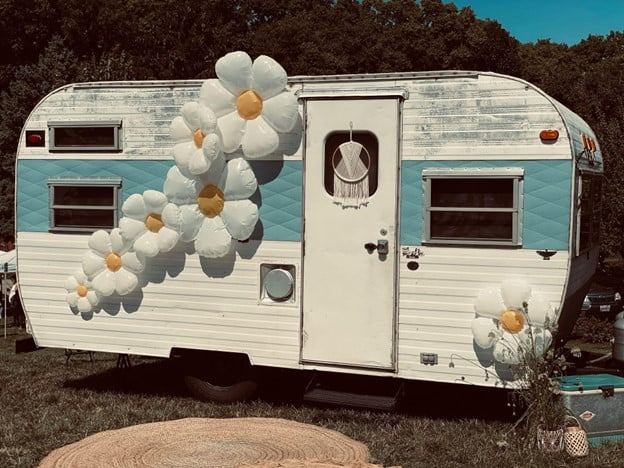Is Renting More Expensive Than Living in an RV?
Carrie Stewart
February 7th, 2025

When you consider RVs vs renting for the cheaper option, you have to ask a number of questions. One of these is, ‘What else can the place offer?’
One of the attractions an RV has over a fixed home is the flexibility it offers.
If you’re renting an apartment or house and are looking for a job, you’ll need to look for something within a reasonable commute. If you own an RV, you can pretty much look for a job anywhere. If you are a recruiter, then an RV can be just for you. It’s simply a matter of using software to recruit people, you can utilize solutions like an applicant tracking software to keep tabs on all applicants.
It also means that you will be generating an income, while having no cash output for workspace and staff.
Actual costs
To try to understand the cost of renting vs living in an RV, let’s do some math. For the purposes of this, we’ll assume you are a family of four renting either an apartment or a house. The average rental for a 2-bedroom apartment is around $1,400 - $2,700 / month.
The average rental for a 2-bedroom house is around $1500 - $3,200 / month. This means you will be spending between $1,400 and $3,200 a month on rental. On average, this included general amenities, such as water, electricity and cleaning. Some places also throw in WiFi, although laundry may be for your own account.
Class B or Class C RVs are the best sized RVs to go for if you want to live in them as a family of 4. They are also within the range that is allowed at most RV camps. The average price for a Class B RV is: new, around $100,000; used, around $30,000 – 50,000.
The average price for a Class C RV is: new, $50,000; used around $30,000. This is before you’ve paid for any amenities or parking for the vehicle.
Buying an RV for $100,000 is the equivalent of a little over three years' rental. That means, at the end of the 3 years, you will own the RV. After 3 years' rental, you won’t own any place to live.
Cost of convenience
One of the things to remember when you are looking at the comparative price of living in an RV as opposed to renting is not financial. It has to do with convenience. Some smaller RVs don’t have a flushing toilet, which may make them less convenient and possibly just less attractive.
On the other hand, there are so many pleasant options for flushing toilets that RVs are equipped with. There are also many RV parks with great facilities.
A rental property, on the other hand, comes out on top for convenience, with running water, flushing toilets and electricity built in.
It’s the little things that count!
About the yard
Owning an RV means no yard, so not yard work, cost of mowing a lawn, plants to buy and beds to manage. It also means no safe place for your pets to run and kids to play.
Lease periods
Once you own the RV, you can live in it for as long as you want to. Renting always means a fixed period lease, which may or may not be extended.
Subletting
You may need to leave your home for a while, which may mean anything from a weekend to even a few months. You may be vacationing, or going on a business trip. If you are renting, this means leaving an empty apartment or house, which is costing money, while you are paying living expenses elsewhere.
If you own an RV, then it’s simple: you take your home with you. Not only will you not have to pay money to keep an empty home, you’ll also save on accommodation wherever you end up. If you do leave the RV for any period, it is simply a matter of parking it in a storage facility, like Carefree Covered RV Storage.
Repairs
In a rental, any repairs are not for your account. This means no extra costs and no work, either by you or a contractor. If you live in an RV, then all the costs for repair are for your account.
Are RVs really cheaper?
Initially, on paper, it may seem that living in an RV must be cheaper than renting. However, there are also hidden, extra costs that may sway the balance. These include fees for camping grounds, fuel and upkeep. All of this means that, in the long run, it may be much of a muchness to choose either an RV or a rental.
Photo Credit: Steve DiMatteo of Cleveland Vintage
Storage Tips & Local News | Bargain Storage Blog
